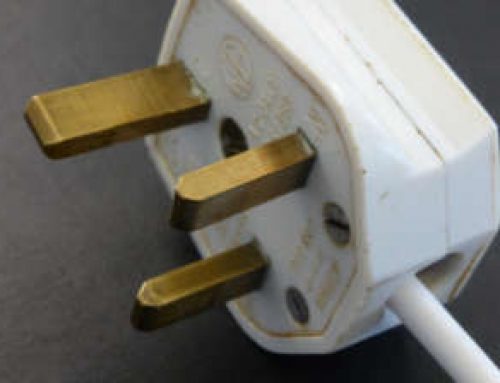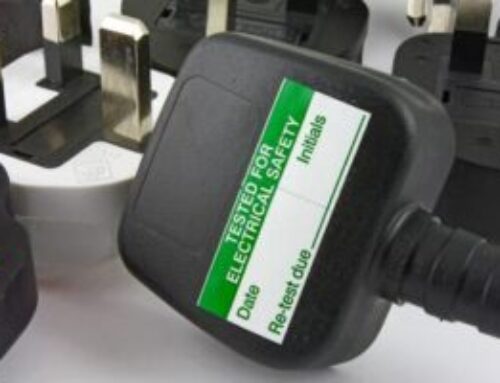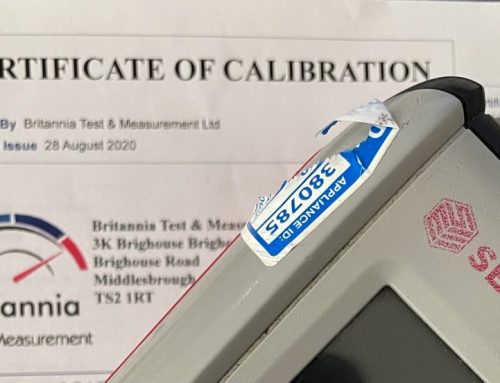A guide to staying safe at home, whilst at work
So, most of us are now working from home while we adapt to the impact Covid-19 is having on our lives. We have new routines, or no routine and we’re trying to work whilst the kids run riot and the dogs wants to be on our lap – we’re all adjusting to new ways of working such as having our meetings on the latest video conferencing platform.
Whilst we are working from home we must not forget about the importance of safety, and when we are suddenly working from home, without the rules of work the risks have shot up.
There is a risk of electrical accident, and fire risk to working from home if we are not fully prepared – and if you did not prepare, now is the time to assess and fix and issues you may have.
You may be at home, but you are still at work, so you need to take on your usual workplace health and safety procedures, as they still apply. You may need to be even more vigilant than you were before because no-one is now doing it for you; you need to anticipate more potential risks at home than you had at work.

Is your electrical equipment safe?
At work your computer sits on your desk and never moves – it’s as safe as houses; excuse the pun. The chances of a fault developing are slim. However, the day you packed up your PC and put it in the boot of your car with a bunch of cables screwed up in a ball in your bag, then drove home over the speed bumps and pot holes you increased the risk of a fault.
Then when you got home you carried it all in and set it up on your makeshift desk in the spare room or kitchen, and plugged it all in to an old extension lead you had spare in the garage, and got to work.
But had that extension lead ever been tested? Probably not, does it even have a surge protector? Did you do a visual inspection before plugging in your PC and screen? Unlikely.
When you drove home and hit the pot hole, or speed hump sending a shudder through the car and your CPU bounced what damage was caused? Without testing you’re not going to know.
How safe is your PC now? Could be no different, or it could be a ticking time bomb.
If it is safe to do so get a local PAT testing company out to test your computer and leads – perhaps mention this to your employer. Use our member directory to find a member company in your area.
If your home “office” consists only of you and your laptop or PC, it’s now your place of work and you are now responsible for fire safety. These handy hints should help you to eliminate any obvious fire risk around the home and ensure that you are able to safely escape in the unfortunate event of a fire.
- Fit a Smoke Alarm to every floor of your home, if you don’t already have them.
- Test each alarm weekly, perhaps follow the #TestItTuesday campaign.
- Conduct your own Fire Risk Assessment, paying particular attention to the new office or working area. This will allow you to identify and evaluate any risks
- Make sure you have a small, general-purpose fire extinguisher that’s suitable for the most likely fire risks and it is also sensible to have a fire blanket available should a fire break out.
- Make sure you have an escape plan for home
You can read the full article here, written by our member Andrew Mitchell, of FTS Safety Solutions in Bedfordshire.




